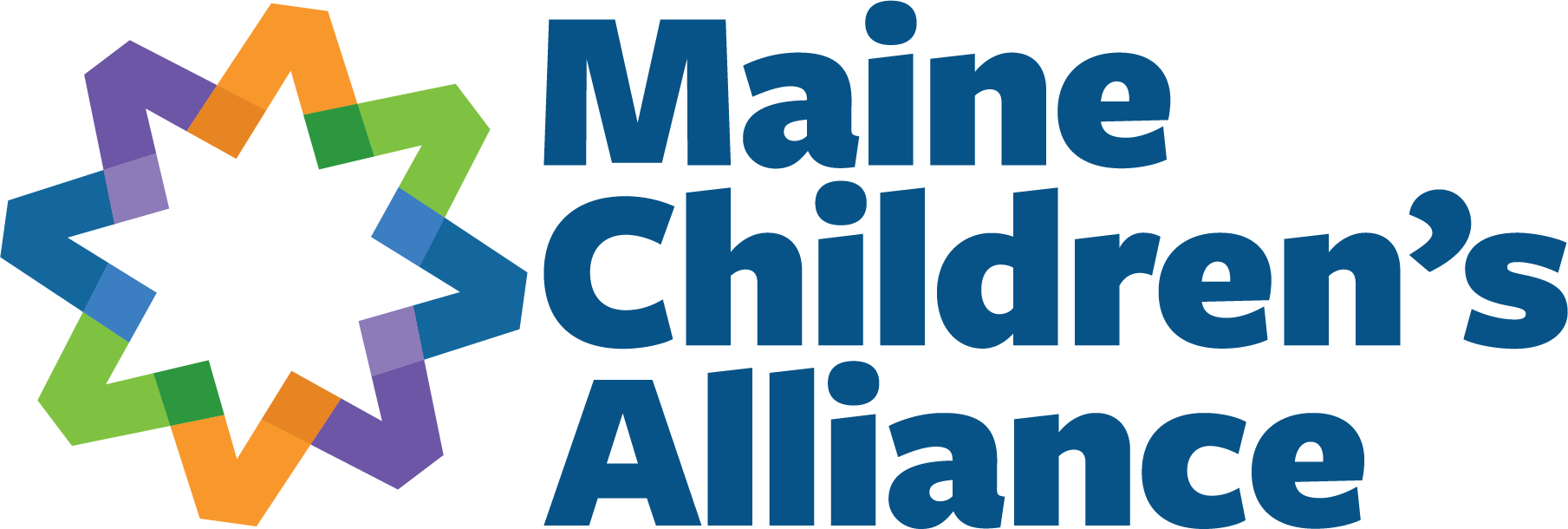Maine's Early Head Start Programs Effectively Serve Our Youngest & Most Vulnerable Children.
Jun 05 2017 16:32
A new report
out this month from the Carsey School of Public Policy finds that cuts to Maine's Early Head Start funding could undermine a critical program that serves Maine's youngest and most vulnerable children.
Maine’s Head Start/Early Head Start Programs provide comprehensive services from health care to early learning that promote healthy development for children from low-income households. Whether through a home-visiting model or center-based care, the goal is to give these children and families a strong start that they can build on for years to come.
“Maine’s EHS programming serves an important segment of the vulnerable population, including the state’s youngest children, all of whom are facing some kind of economic or social disadvantage.”In Toward a More Equal Footing , Carsey finds that Maine benefits from highly educated early head start staff and serves more than half of children enrolled through a home-visiting model. While this program does great work, Maine currently only has funding for just over 800 slots to serve an estimated 8,000 young children. As a result, any additional cuts to Maine's Head Start funding will further limit this critical program's ability to reach those who need it the most. Right now $1.8 million is at risk, which would force Maine to stop serving 86 children and families in Early Head Start (ages 0-3). Decades of research show that investing in high-quality early learning programs like head start are good for children and families, communities and the economy. Children who attend head start/early head start are more likely to perform better academically and graduate from high school. It also has proven to decrease cycles of crime and reduce long-term prison costs. Head Start/Early Head Start programs prove that investing in kids is also good for the economy. New research shows that investments in high-quality, early care and education programs like Head Start can yield an annual 13 percent return on investment, especially when serving children from low-income households.
Upcoming Events
Stay informed about key industry events and engagements. Here, you'll find details on upcoming conferences, meetings, and speaking engagements featuring our experts.
